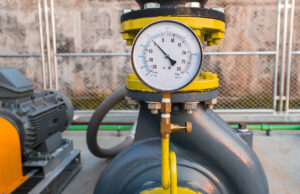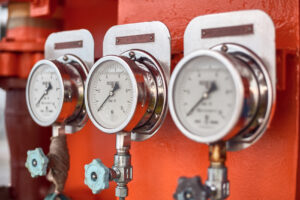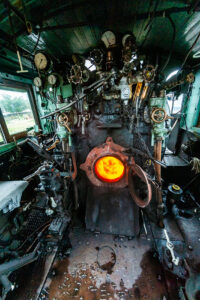Introduction
In industrial settings where flammable gases, vapors, or combustible dust are present, standard pressure measurement devices can pose significant safety risks. Explosion-proof pressure gauges are engineered to operate safely in such hazardous conditions, preventing ignition sources and ensuring reliable performance. This article explores their design principles, applications, and key selection criteria.
- What is an Explosion-Proof Pressure Gauge?
An explosion-proof pressure gauge is a robust instrument designed to contain any internal sparks or explosions within its housing, preventing them from igniting the surrounding atmosphere. These gauges are constructed with durable materials (e.g., stainless steel or brass) and feature flame-arresting pathways to dissipate heat and pressure safely. - Key Features
Rugged Housing: Reinforced enclosures withstand internal explosions.
Flameproof Design: Gaps and threads cool escaping gases below ignition temperatures.
Certifications: Compliant with international standards like ATEX, IECEx, and UL for hazardous areas (Zone 0/1 or Division 1).
Diaphragm Seals: Isolate corrosive or viscous media while maintaining accuracy.
- Applications
Explosion-proof gauges are critical in:
Oil & gas refineries
Chemical processing plants
Mining operations
Pharmaceutical manufacturing
Grain storage facilities (combustible dust environments)
- Selection Considerations
Hazard Classification: Match the gauge to the zone (e.g., Zone 1 for intermittent hazards).
Material Compatibility: Choose wetted parts resistant to process media.
Accuracy & Range: Ensure suitability for operational pressure levels.
Environmental Factors: Consider temperature, vibration, and corrosion.
Conclusion
Explosion-proof pressure gauges are indispensable for safety in volatile environments. By adhering to stringent certifications and proper selection guidelines, industries can mitigate risks while maintaining operational efficiency. Investing in high-quality gauges not only protects assets but more importantly, saves lives.



